Introduction:
Welcome to the Sugar Showdown, where we dive deep into the world of sugars and reveal the truth behind the sweet substances lurking in our foods. In this article, we'll explore the differences between natural sugars found in fruits and vegetables and added sugars. We'll also provide healthy alternatives and discuss the impact of sugar on our health. So, get ready for an eye-opening journey as we uncover the sweet culprit in our everyday lives.
Empower Your Health Journey – Explore My Free Apps for a Vibrant, Healthier Lifestyle Today!
The Great Divide: Natural Sugars vs. Added Sugars
What Are Natural Sugars?
Natural sugars, also known as intrinsic sugars, are found naturally in fruits, vegetables, and dairy products. These sugars, such as fructose and lactose, are an essential part of a balanced diet, providing energy and a range of health benefits. Some examples of natural sugars include:
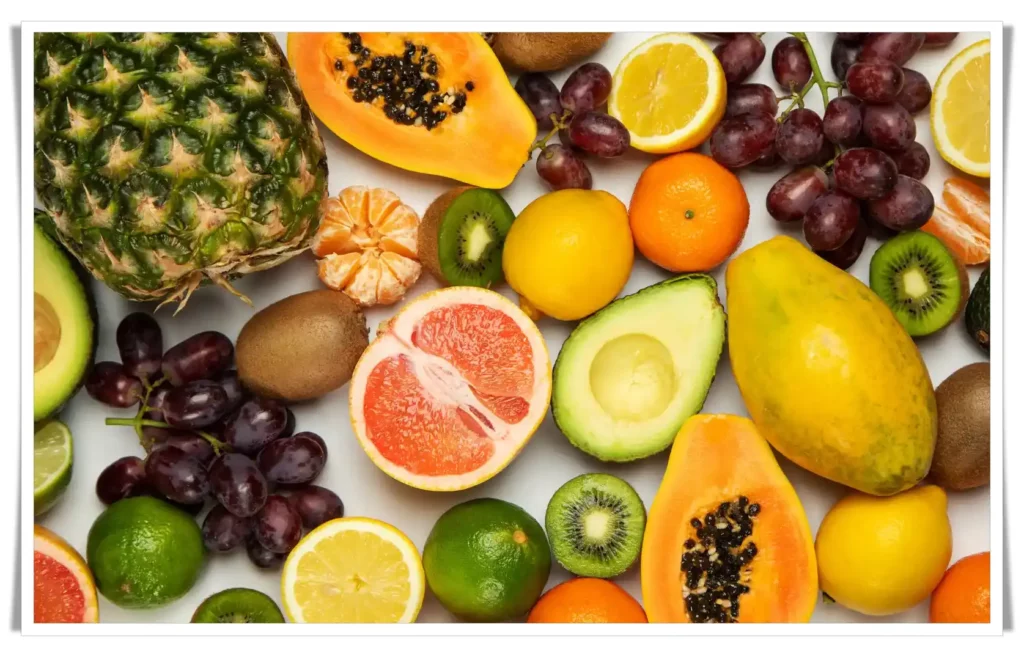
Sugar Showdown
- Fructose: Found in fruits, honey, and some vegetables
- Lactose: Found in milk and dairy products
- Maltose: Found in grains and cereals
Fructose is a natural sugar found primarily in fruits, honey, and some vegetables. It is a monosaccharide, which means it is a single sugar molecule. Fructose is often referred to as "fruit sugar" due to its prevalence in fruits. In addition to its presence in whole foods, fructose can be commercially produced and used as a sweetener in processed foods and beverages, such as high-fructose corn syrup.
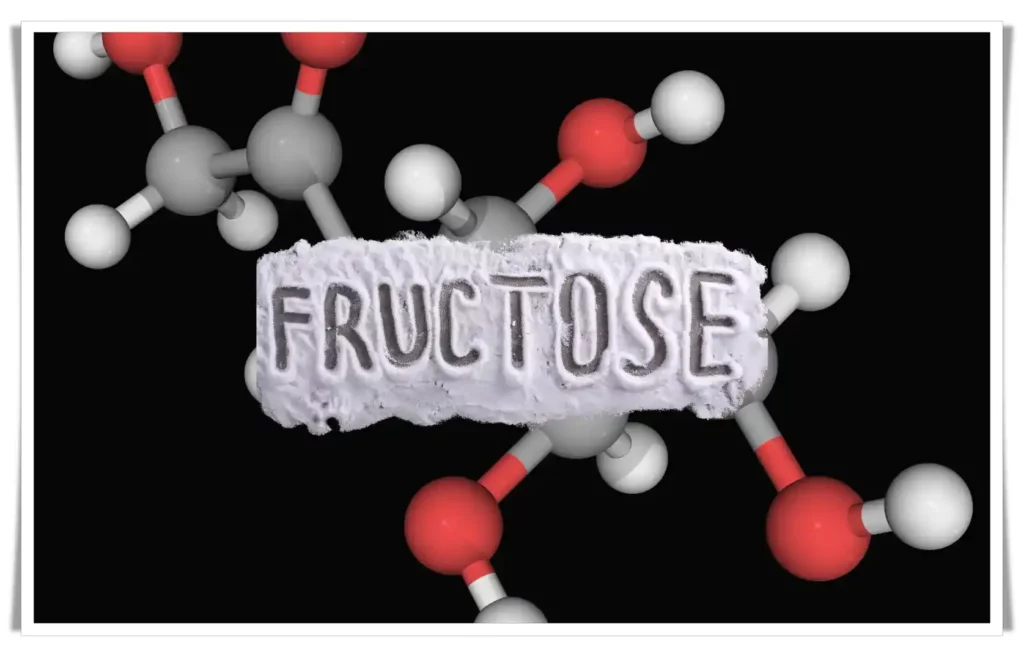
Sugar Showdown
Fructose is absorbed and metabolized differently than other sugars, like glucose. It is mainly processed in the liver, where it can be converted into glucose, glycogen, or fat. While consuming moderate amounts of fructose from natural sources like fruits and vegetables is part of a healthy diet, excessive intake of fructose, particularly from added sugars, can contribute to various health issues, including weight gain, insulin resistance, and fatty liver disease.
Lactose is a natural sugar found primarily in milk and dairy products. It is a disaccharide, which means it is composed of two sugar molecules, glucose, and galactose, linked together. Lactose is the primary carbohydrate found in mammalian milk, providing a source of energy for infants and young animals.
In order to digest lactose, the human body produces an enzyme called lactase, which breaks down lactose into its constituent monosaccharides, glucose, and galactose. These simpler sugars can then be absorbed into the bloodstream and utilized for energy.
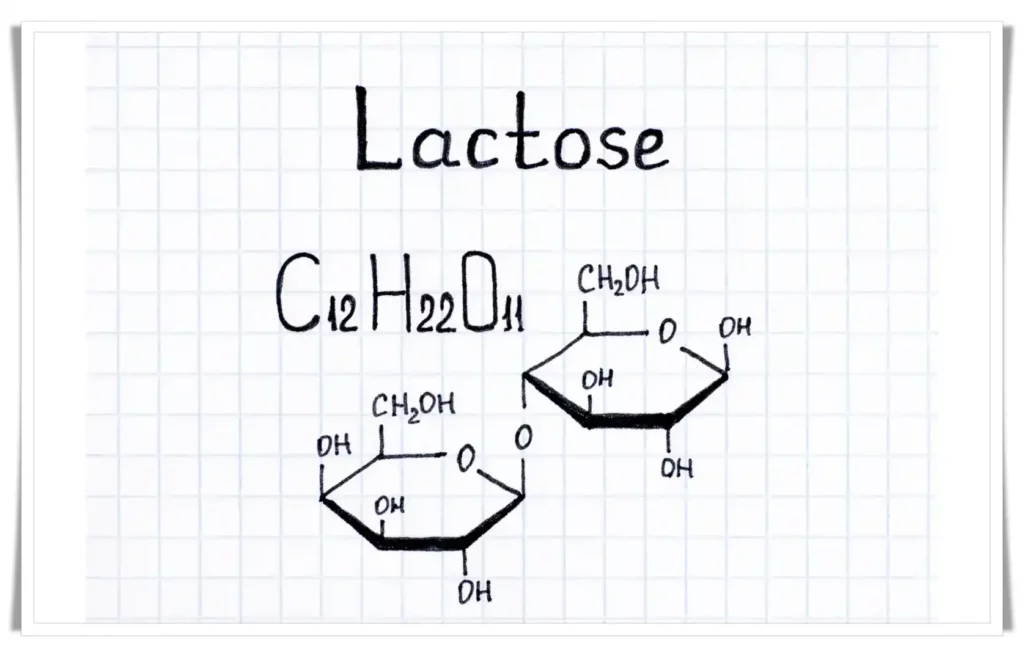
Sugar Showdown
Some people have difficulty digesting lactose due to a deficiency or absence of lactase production, a condition known as lactose intolerance. Lactose intolerance can cause gastrointestinal symptoms such as bloating, gas, and diarrhea when lactose-containing foods are consumed. People with lactose intolerance may need to limit or avoid dairy products or use lactase supplements to help them digest lactose more effectively.
Maltose, also known as malt sugar, is a disaccharide carbohydrate composed of two glucose molecules linked together. Maltose is naturally found in grains and cereals, particularly barley, and is produced during the germination process as the starch in the grains is broken down. Maltose is also present in some vegetables, fruits, and fermented products like beer and malted beverages.
Maltose is less sweet than sucrose (table sugar) or fructose (fruit sugar) and is often used as a sweetener and flavor enhancer in various food products. In addition, maltose plays a significant role in the production of beer and other fermented beverages, as it serves as a source of fermentable sugar for the yeast to convert into alcohol and carbon dioxide.
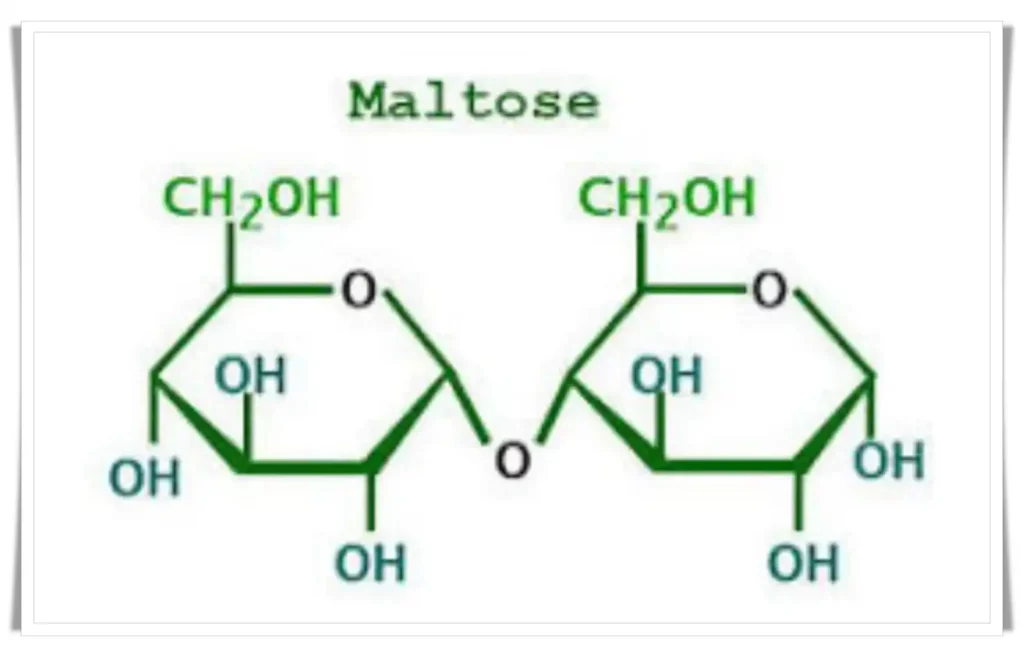
Sugar Showdown
To digest maltose, the human body uses an enzyme called maltase, which breaks down maltose into its two glucose units. These glucose molecules can then be absorbed into the bloodstream and utilized for energy.
What Are Added Sugars?
Added sugars, or extrinsic sugars, are those not naturally found in foods but are added during processing, cooking, or at the table. Common sources of added sugars include:
- Sucrose: Table sugar, often derived from sugar cane or sugar beet
- High-fructose corn syrup: A common sweetener in soft drinks, candy, and processed foods
- Agave nectar, honey, and maple syrup: Although derived from natural sources, these are still considered added sugars when used to sweeten foods and beverages
Sucrose, commonly known as table sugar, is a disaccharide carbohydrate composed of two sugar molecules, glucose, and fructose, linked together. Sucrose is found naturally in many plants, but it is most abundant in sugar cane and sugar beet, from which the majority of commercial table sugar is derived.
Sucrose is widely used as a sweetener in food and beverages due to its sweet taste and versatility. It is used in a variety of forms, including granulated sugar, powdered sugar, and brown sugar, and can be found in numerous processed foods, such as baked goods, candy, and soft drinks.
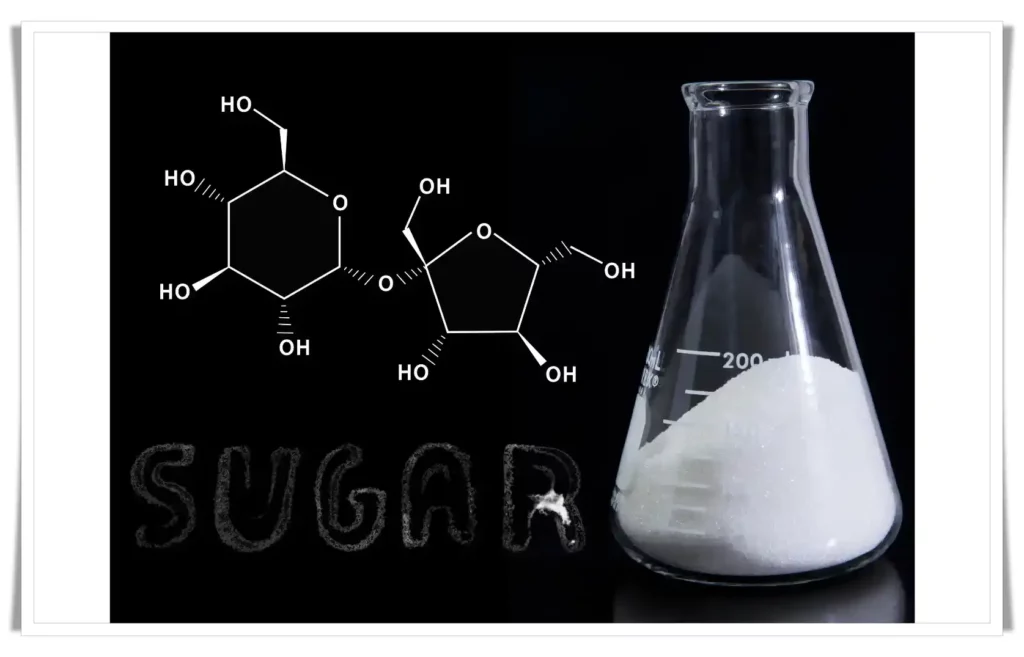
Sugar Showdown
When sucrose is consumed, the enzyme sucrase in the human digestive system breaks down the sucrose molecule into its constituent monosaccharides, glucose, and fructose. These simpler sugars can then be absorbed into the bloodstream and used for energy. However, excessive consumption of sucrose and other added sugars can contribute to a range of health issues, including weight gain, type 2 diabetes, and heart disease. It is essential to monitor and limit added sugar intake as part of a balanced and healthy diet.
High-fructose corn syrup (HFCS) is a sweetener derived from corn syrup through a process that converts a portion of its glucose into fructose. It is commonly used as an alternative to sucrose (table sugar) in the food and beverage industry, as it is often less expensive and easier to work with in various applications. HFCS is found in many processed foods, such as soft drinks, candy, breakfast cereals, baked goods, and condiments.
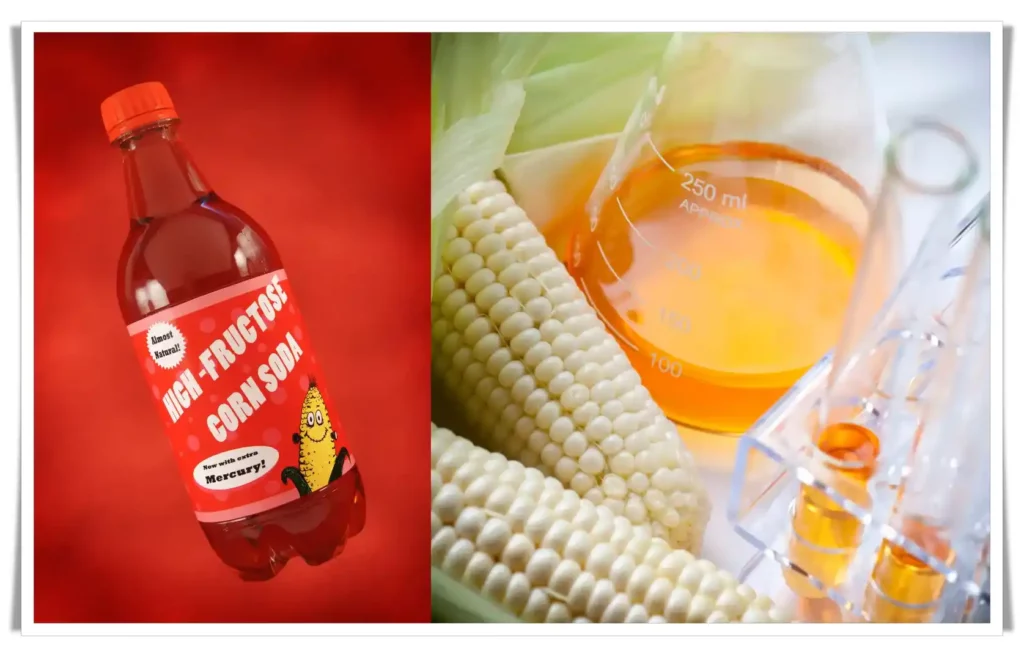
Sugar Showdown
There are different types of HFCS, characterized by their fructose-to-glucose ratios. The most commonly used forms are HFCS-42, which contains approximately 42% fructose and 58% glucose, and HFCS-55, which contains about 55% fructose and 45% glucose.
HFCS has been a topic of debate regarding its potential health effects. Some studies suggest that excessive consumption of HFCS and other added sugars can contribute to obesity, type 2 diabetes, metabolic syndrome, and heart disease. However, it is important to note that consuming excessive amounts of any type of added sugar, not just HFCS, can lead to these health issues. As part of a balanced diet, it is essential to limit the consumption of added sugars, including HFCS, and focus on whole, nutrient-dense foods.
Agave nectar, honey, and maple syrup are natural sweeteners derived from plants and commonly used as alternatives to table sugar or high-fructose corn syrup. While they are considered natural sources of sweetness, it is essential to remember that they are still sources of added sugars and should be consumed in moderation.
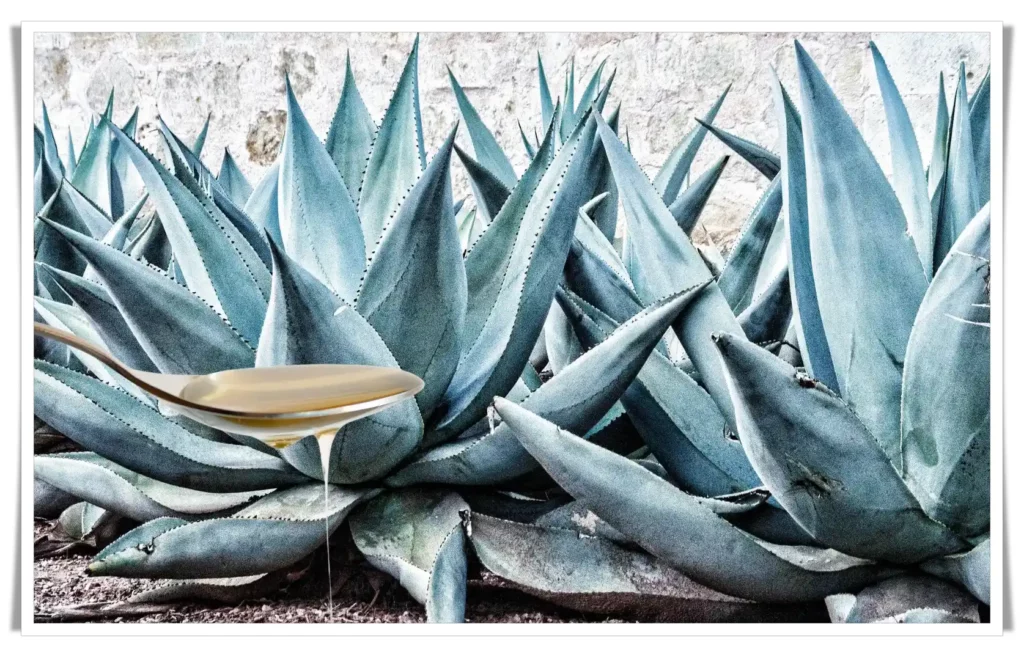
Sugar Showdown
- Agave nectar: Agave nectar, also known as agave syrup, is derived from the sap of the agave plant, which is native to Mexico and the Southwestern United States. It is a sweet, viscous liquid that is often used as a vegan alternative to honey. Agave nectar has a high fructose content, typically ranging from 70% to 90%, with the remaining composition being primarily glucose. Due to its high fructose content, agave nectar has a low glycemic index, which means it has a smaller impact on blood sugar levels compared to other sweeteners. However, excessive consumption of fructose can contribute to health issues, so moderation is key.
- Honey: Honey is a natural sweetener produced by bees from the nectar of flowers. It is composed of a mix of glucose, fructose, and other trace compounds, including vitamins, minerals, and antioxidants. Honey has a slightly higher glycemic index than agave nectar but is lower than table sugar. While it offers some nutritional benefits, it is still a source of added sugars and should be consumed in limited quantities.
- Maple syrup: Maple syrup is a natural sweetener made from the sap of sugar maple trees, which are primarily found in the northeastern United States and Canada. The sap is collected and then boiled down to produce a thick, sweet syrup. Maple syrup contains a mix of sucrose, glucose, and fructose, along with small amounts of vitamins and minerals, such as manganese and zinc. Like honey, maple syrup has a slightly lower glycemic index than table sugar but should still be consumed in moderation due to its added sugar content.
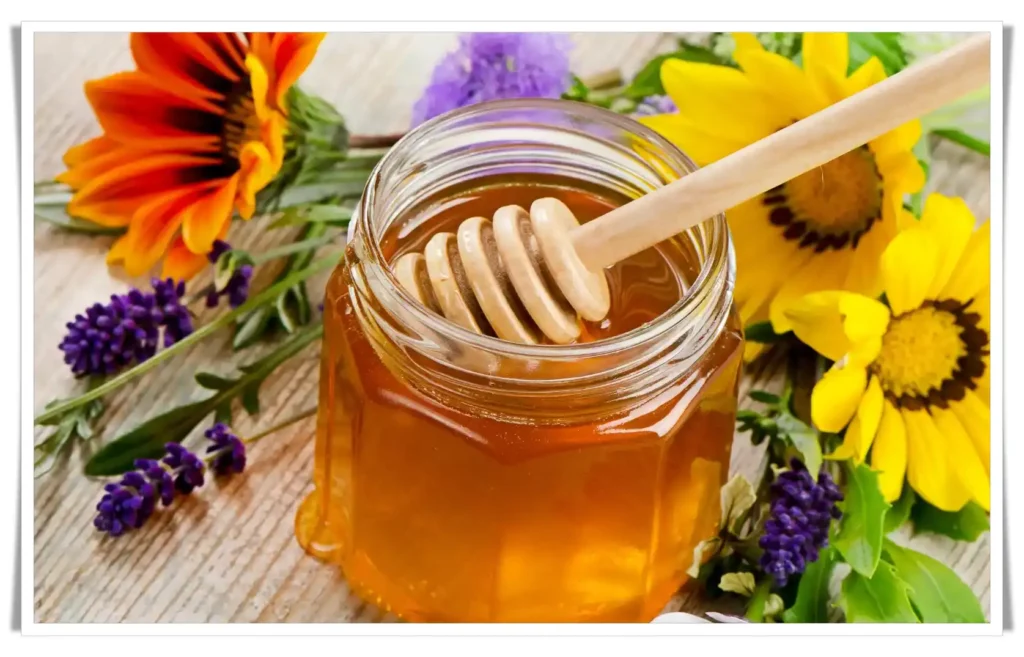
Sugar Showdown
While these natural sweeteners may offer some nutritional benefits compared to table sugar or high-fructose corn syrup, it is essential to remember that they still contribute to overall sugar intake and should be used sparingly as part of a balanced diet.

Sugar Showdown
Why Added Sugars are the Sweet Culprit
Consuming excessive amounts of added sugars can lead to health problems such as weight gain, type 2 diabetes, heart disease, and tooth decay. The World Health Organization (WHO) recommends limiting added sugar intake to less than 10% of daily calorie intake, with a further reduction to 5% providing additional health benefits [1].
Sugar Comparison: Fruits vs. Added Sugar
Fruits are a natural source of sugar, providing essential nutrients and fiber. In contrast, added sugars are often found in nutrient-poor, processed foods. Consuming fruits instead of added sugar can help maintain a healthy weight, support overall health, and reduce the risk of chronic diseases.
A 2013 study published in The British Medical Journal found that increased fruit consumption was associated with a lower risk of type 2 diabetes, whereas higher consumption of fruit juice was linked to an increased risk [2].
"The Sweet Danger of Sugar," an article by Harvard Health Publishing, highlights the adverse health effects associated with excessive sugar consumption. The article emphasizes the need to differentiate between naturally occurring sugars found in fruits and vegetables and added sugars found in processed foods, such as soft drinks, candy, and baked goods.
Excessive intake of added sugars has been linked to various health problems, including obesity, type 2 diabetes, heart disease, and tooth decay. The article underscores the importance of limiting added sugar consumption as part of a balanced diet. It recommends adhering to the American Heart Association's guidelines, which suggest a daily limit of 6 teaspoons (25 grams) of added sugar for women and 9 teaspoons (38 grams) for men.

Sugar Showdown
To help reduce added sugar intake, the article provides practical tips, such as reading food labels, avoiding sugary drinks, and opting for healthier, natural alternatives like fruits when craving something sweet. In summary, the article highlights the dangers of excessive sugar consumption, emphasizing the importance of moderation and mindful eating to maintain overall health and well-being.
Relevant Study
Whole Fruits vs. Fruit Juices and Type 2 Diabetes Risk
In a comprehensive study involving 187,382 participants, researchers sought to explore the relationship between fruit consumption and the risk of developing type 2 diabetes. The study collected data on the participants' fruit consumption habits, specifically focusing on the intake of whole fruits and fruit juices. The incidence of diabetes among the participants was closely monitored over an extended period of 24 years.
The findings revealed that individuals who consumed three servings of whole fruits per week experienced a 7% lower risk of developing type 2 diabetes compared to those who consumed less than one serving per month. Conversely, participants who consumed one or more servings of fruit juice daily faced a 21% increased risk of developing diabetes in comparison to those who had less than one serving per month.

Sugar Showdown
The study's conclusion emphasizes the potential benefits of replacing fruit juices with whole fruits in one's diet, as this dietary shift could significantly reduce the risk of type 2 diabetes. The results highlight the importance of choosing whole fruits over processed fruit juices to maintain better health and prevent the onset of chronic diseases like diabetes.
Veggies and Sugar: The Unsung Heroes
While fruits are often the stars of the natural sugar show, vegetables also contain naturally occurring sugars that provide essential nutrients and health benefits. Some examples of vegetables containing sugar include:
- Sweet potatoes
- Carrots
- Beets
- Corn
- Peas
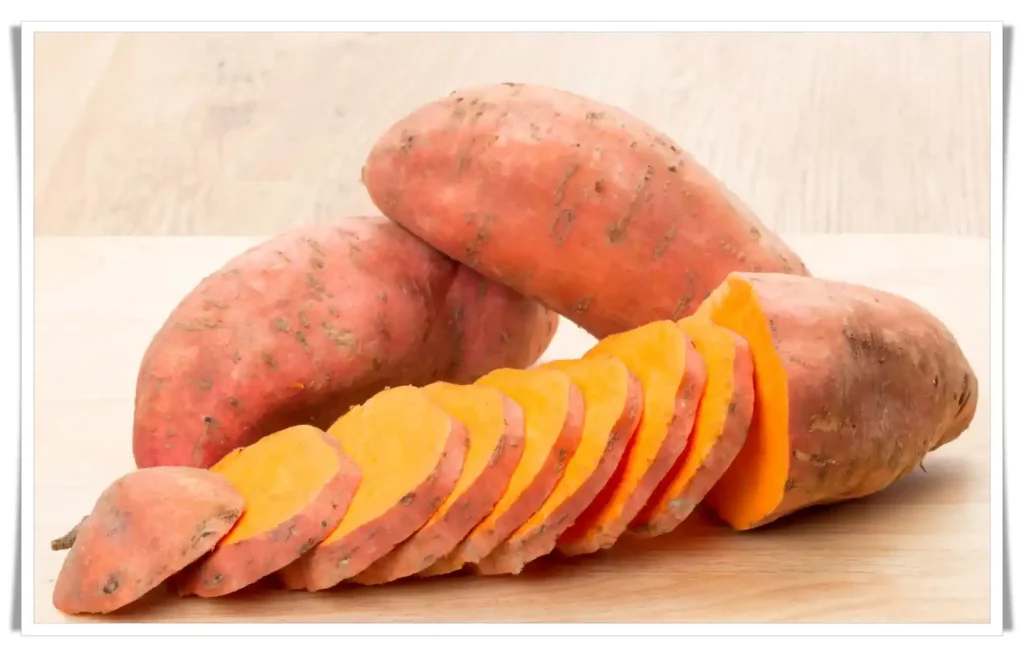
Sugar Showdown
These veggies offer a modest amount of natural sugar while packing a nutritional punch with vitamins, minerals, and dietary fiber.
Health Benefits of Vegetables
- Lower risk of heart disease
- Reduced risk of certain types of cancer
- Improved digestion and gut health
- Weight management support
- Strengthened immune system
Healthy Sweet Alternatives
Satisfying Your Sweet Tooth Without Compromising Your Health
If you're aiming to cut back on your added sugar intake but still find yourself yearning for something sweet, consider trying these healthier alternatives that can satisfy your cravings without negatively impacting your health:
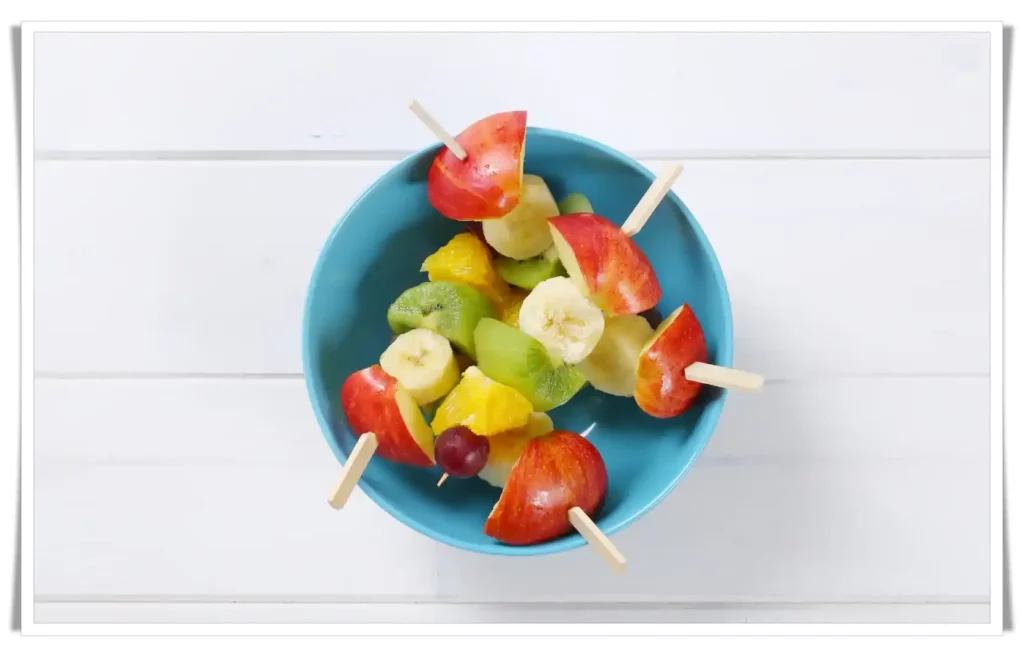
Sugar Showdown
- Opt for fresh fruits instead of sugary snacks: Fresh fruits are naturally sweet and packed with essential nutrients, fiber, and antioxidants. They make for an excellent substitute for processed sugary treats, providing a guilt-free way to enjoy a sweet snack.
- Choose dark chocolate with a high cocoa content (70% or more) over milk chocolate or candy bars: Dark chocolate is lower in sugar and contains higher amounts of beneficial compounds, such as antioxidants and flavonoids, which have been linked to improved heart health and cognitive function.
- Sweeten with natural sweeteners such as stevia, erythritol, or monk fruit extract: These sugar alternatives are derived from natural sources and have little to no impact on blood sugar levels, making them a suitable choice for those looking to reduce their sugar intake or manage diabetes.
- Experiment with spices like cinnamon, nutmeg, and vanilla to enhance the natural sweetness of recipes: Adding these aromatic spices to your dishes can help bring out the inherent sweetness in foods without the need for added sugars. Cinnamon, in particular, has been shown to have potential blood sugar-lowering properties, making it a great addition to a healthy diet.
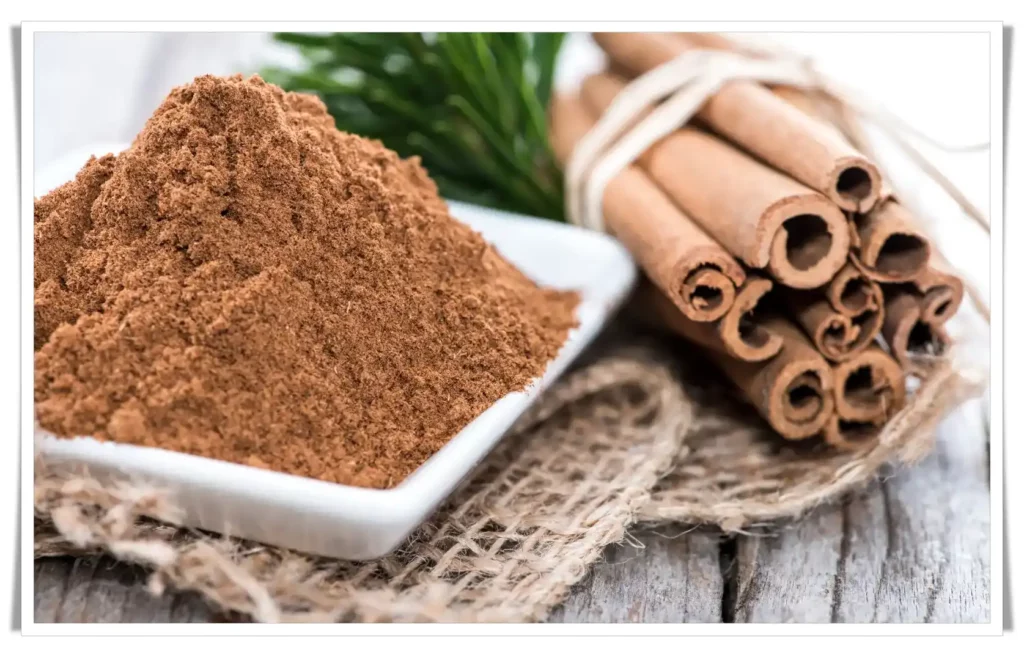
Sugar Showdown
By incorporating these healthier sweet alternatives into your daily routine, you can effectively curb your sugar cravings while still enjoying the sweetness you desire, all without compromising your health and well-being.
FAQs Related to the Sugar Showdown
Is honey a healthier alternative to sugar?
Although honey is a natural sweetener, it is still considered an added sugar and should be consumed in moderation.
Can I eat as much fruit as I want without worrying about sugar intake?
While fruits provide essential nutrients, it's essential to maintain a balanced diet and not overconsume any food group. Stick to recommended daily servings and prioritize whole fruits over fruit juices.
Are sugar-free products better for my health?
Sugar-free products often contain artificial sweeteners, which can still have health implications. Opt for natural sweeteners and focus on consuming whole foods.

Sugar Showdown
Natural Sugars vs. Added Sugars
| Natural Sugars | Added Sugars |
|---|---|
| Found in fruits, vegetables, and dairy | Found in processed foods, candy, and soft drinks |
| Provide essential nutrients | Offer little to no nutritional value |
| Part of a balanced diet | Contribute to weight gain, heart disease, and type 2 diabetes |
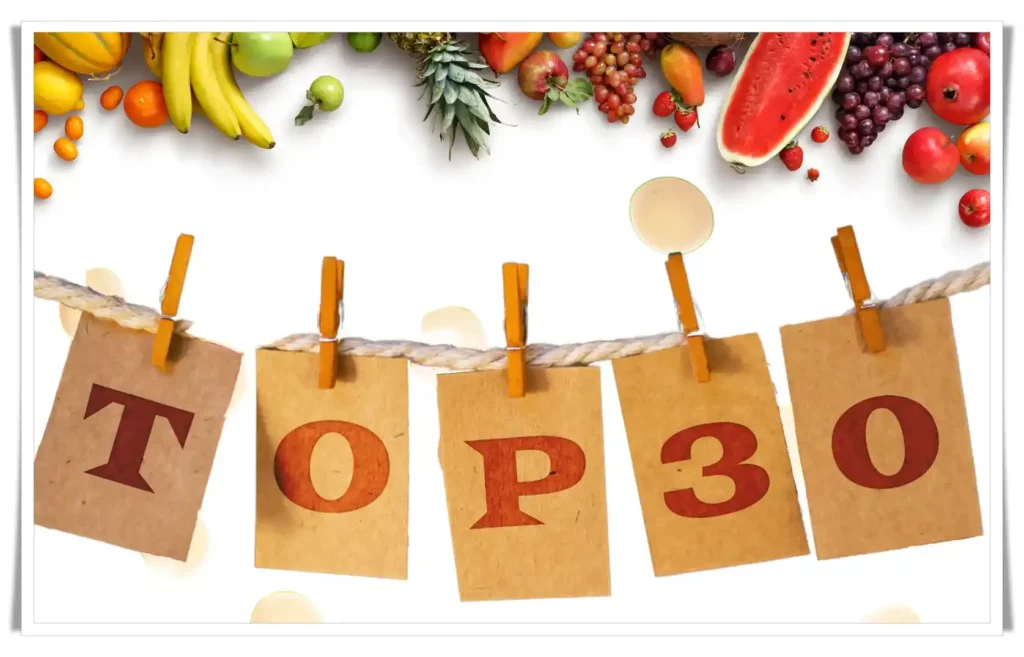
Sugar Showdown
Top 30 sweetest fruits and vegetables, including their sugar content in grams and teaspoons per 100 grams.
The values provided are approximations based on averages.
| Rank | Fruit/Vegetable | Sugar Content per 100g (grams) | Sugar Content per 100g (teaspoons) |
|---|---|---|---|
| 1 | Dates (dried) | 66.5 | 16.6 |
| 2 | Figs (dried) | 47.9 | 12 |
| 3 | Raisins | 59.2 | 14.8 |
| 4 | Prunes (dried) | 38.1 | 9.5 |
| 5 | Sweet cherries | 8.0 | 2 |
| 6 | Persimmons | 12.5 | 3.1 |
| 7 | Pomegranates | 13.7 | 3.4 |
| 8 | Grapes | 16.3 | 4.1 |
| 9 | Mangoes | 14.9 | 3.7 |
| 10 | Lychees | 15.2 | 3.8 |
| 11 | Bananas | 12.2 | 3 |
| 12 | Pineapple | 9.9 | 2.5 |
| 13 | Kiwifruit | 9.0 | 2.2 |
| 14 | Blueberries | 9.9 | 2.5 |
| 15 | Plums | 9.9 | 2.5 |
| 16 | Apricots | 9.2 | 2.3 |
| 17 | Apples | 10.4 | 2.6 |
| 18 | Oranges | 9.4 | 2.3 |
| 19 | Strawberries | 4.9 | 1.2 |
| 20 | Peaches | 8.4 | 2.1 |
| 21 | Nectarines | 7.9 | 2 |
| 22 | Papayas | 5.9 | 1.5 |
| 23 | Cantaloupe | 7.9 | 2 |
| 24 | Honeydew melon | 8.1 | 2 |
| 25 | Watermelon | 6.2 | 1.5 |
| 26 | Sweet corn | 6.2 | 1.5 |
| 27 | Sweet peas | 5.7 | 1.4 |
| 28 | Carrots | 4.7 | 1.2 |
| 29 | Beets | 6.8 | 1.7 |
| 30 | Sweet potatoes | 4.2 | 1 |
Sugar Showdown

Sugar Showdown
Top 30 sweetest food products, excluding fruits and vegetables, including their sugar content in grams and teaspoons per 100 grams.
The values provided are approximations based on averages.
| Rank | Food Product | Sugar Content per 100g (grams) | Sugar Content per 100g (teaspoons) |
|---|---|---|---|
| 1 | Fudge | 65.0 | 16.25 |
| 2 | Chocolate syrup | 62.0 | 15.5 |
| 3 | Caramel sauce | 57.5 | 14.375 |
| 4 | Sweetened condensed milk | 54.0 | 13.5 |
| 5 | Marshmallows | 58.0 | 14.5 |
| 6 | Milk chocolate | 52.0 | 13 |
| 7 | Gummy bears | 51.0 | 12.75 |
| 8 | Maple syrup | 60.0 | 15 |
| 9 | Honey | 82.0 | 20.5 |
| 10 | Granulated sugar | 100.0 | 25 |
| 11 | Powdered sugar | 100.0 | 25 |
| 12 | Brown sugar | 97.0 | 24.25 |
| 13 | Soda (cola) | 10.6 | 2.65 |
| 14 | Frosted cake | 34.0 | 8.5 |
| 15 | Cookies | 30.0 | 7.5 |
| 16 | Doughnuts | 22.0 | 5.5 |
| 17 | Ice cream | 21.0 | 5.25 |
| 18 | Sweetened yogurt | 17.0 | 4.25 |
| 19 | Breakfast cereals | 32.0 | 8 |
| 20 | Fruit jam | 56.0 | 14 |
| 21 | Fruit jelly | 63.0 | 15.75 |
| 22 | Nutella | 56.3 | 14.075 |
| 23 | Pudding | 15.0 | 3.75 |
| 24 | Chocolate chip muffin | 24.0 | 6 |
| 25 | Pancake syrup | 30.0 | 7.5 |
| 26 | Canned fruit (in syrup) | 16.0 | 4 |
| 27 | Fruit cocktail | 13.0 | 3.25 |
| 28 | Cake frosting | 60.0 | 15 |
| 29 | Barbecue sauce | 30.0 | 7.5 |
| 30 | Ketchup | 22.0 | 5.5 |
Sugar Showdown
Keep in mind that many of these products contain added sugars and might not be the healthiest choices. It's essential to consume these foods in moderation and opt for healthier alternatives when possible.
Conclusion:
Making the Switch to a Healthier, Sugar-Conscious Lifestyle
The Sugar Showdown has shed light on the crucial distinctions between natural sugars found in fruits and vegetables and the added sugars present in processed foods. By making mindful choices and prioritizing whole fruits and vegetables over sugary snacks, we can positively impact our health and lower the risk of developing chronic diseases such as obesity, type 2 diabetes, and heart disease.
It is essential to be aware of the hidden sugars lurking in our everyday foods and to educate ourselves on healthier alternatives that can satisfy our cravings without compromising our well-being. Embrace the power of nature's sweet treats by experimenting with natural sweeteners, spices, and nutrient-rich fruits and vegetables.
Remember that moderation is key when it comes to sugar consumption. By gradually reducing our intake of added sugars and incorporating healthier alternatives into our daily routines, we can transition to a more balanced, sugar-conscious lifestyle that not only benefits our health but also contributes to our overall quality of life. Make the switch and take the first step towards a healthier, more vibrant future today!
If you have questions or want to comment, please leave them below and I will answer as soon as I can.
Thank you for reading ''Sugar Showdown: Fruits & Veggies Take on the Sweet Culprit''


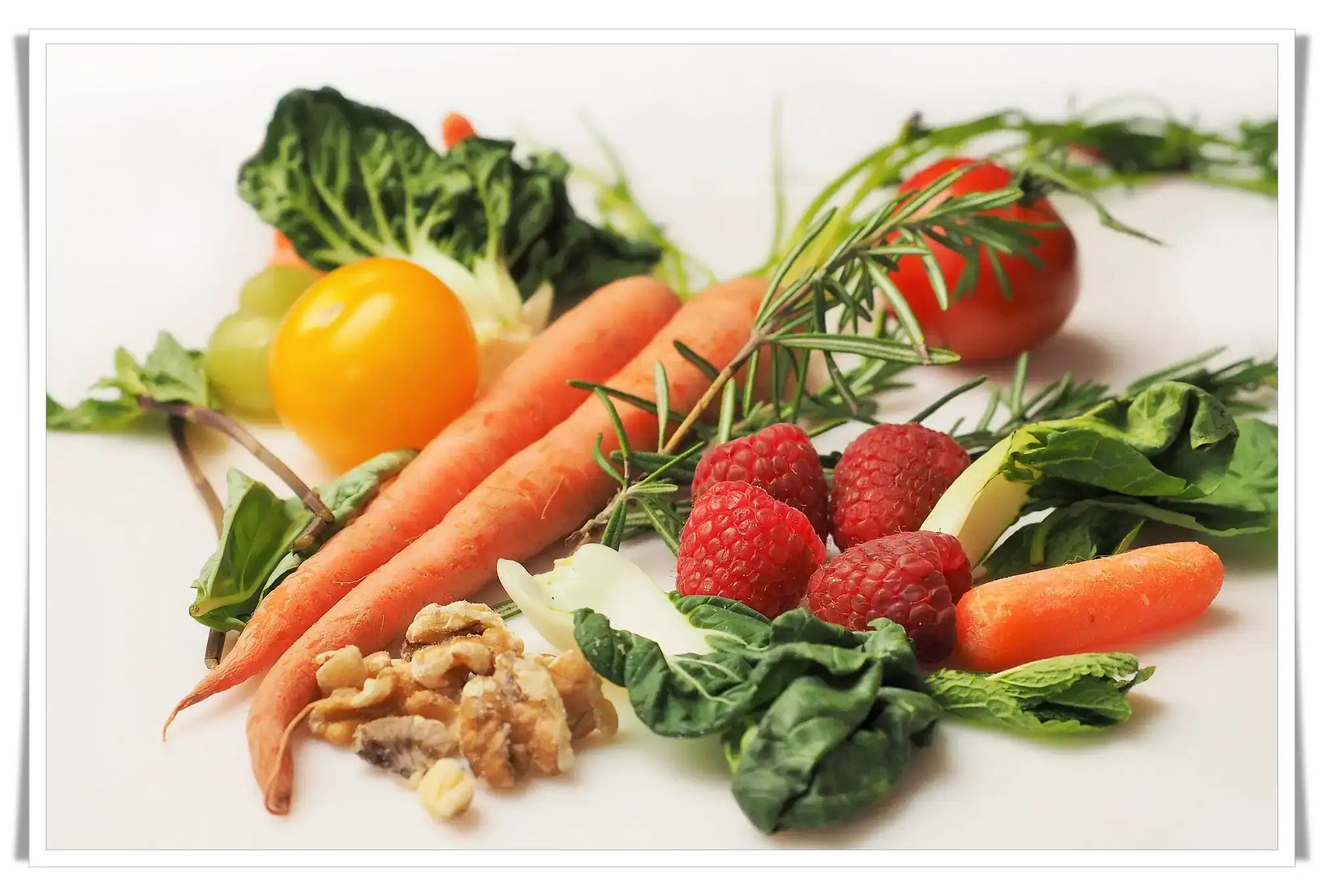

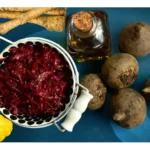

Just read your “Sugar Showdown” blog post, and I loved it! The clear distinction between natural and added sugars was enlightening, and your practical tips for healthier choices were spot-on. Can’t wait to try them out and read more of your posts.
Keep up the fantastic work!
Wow, awesome blog structure! How long have you ever been running a blog for?
you made running a blog glance easy. The whole glance of your site is excellent,
let alone the content material! You can see similar: ecommerce and here e-commerce
order ciprofloxacin for sale – keflex 125mg tablet clavulanate canada
Your style is very unique in comparison to other folks I’ve read
stuff from. I appreciate you for posting when you’ve got the opportunity, Guess I will just book mark this site.
I saw similar here: Sklep online